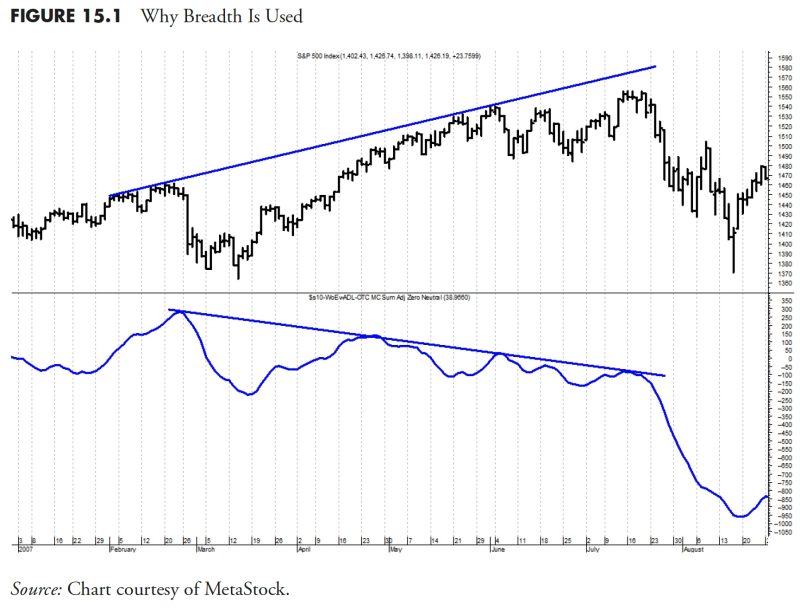The first five parts of this series have explored the rules-based money management system, laying the foundation for a strategic approach to efficient personal finance. Part one discussed the essence of setting financial goals; part two dived into setting a realistic budget; part three delved into the significance of creating an emergency fund; part four was centred on saving for retirement, and finally, part five dealt with investment strategies. Now, it’s time to put all these components together for financial success.
Firstly, we cannot overemphasize the importance of identifying and setting clear, tangible financial goals. Rules-based money management begins with a clear understanding of your financial journey’s end destination. Your goals guide every financial decision and strategy you implement. Whether it’s paying off student loans, saving for a home, or securing an early retirement, these specific, measurable, achievable, realistic, and time-bound goals (SMART) provide the foundation for your financial roadmap.
The second component of our rules-based money management is budgeting. Budgets serve as a financial blueprint, outlining your income inflow and outgo. It allocates specific amounts for necessities, savings, and discretionary spending, ensuring a well-balanced financial life. A successful budget should be adaptable to your changing financial circumstances, which reinforces the need for regular budget reviews.
Emergency fund creation represents the third element of a rules-based strategy for personal finance management. Life can throw unexpected curveballs, such as job loss, medical emergencies or major home repairs, threatening to destabilize your financial wellbeing. An emergency fund acts as a safety net, providing financial security against these unexpected expenditures. Experts recommend saving up to three to six months’ worth of living expenses to cushion against financial shocks.
The fourth rule underscores retirement savings. Even though it might seem far off, it’s important to start planning for retirement as early as possible. Taking advantage of compounding interest by early investment in retirement funds ensures a smooth transition into retirement. Pension plans, individual savings accounts (ISAs) or 401(k) programs provide ideal platforms to help grow retirement savings.
Investing is the fifth rule of money management. Investments provide a platform to grow wealth and achieve long-term financial goals like buying a house or funding children’s education. Opting for diversified investment portfolios minimizes risk and optimizes returns. Here, the guiding principle should be a balanced ratio of return-to-risk. Remember, every investment carries some level of risk, hence the need for personalized, profit-oriented but risk-averse strategies.






























